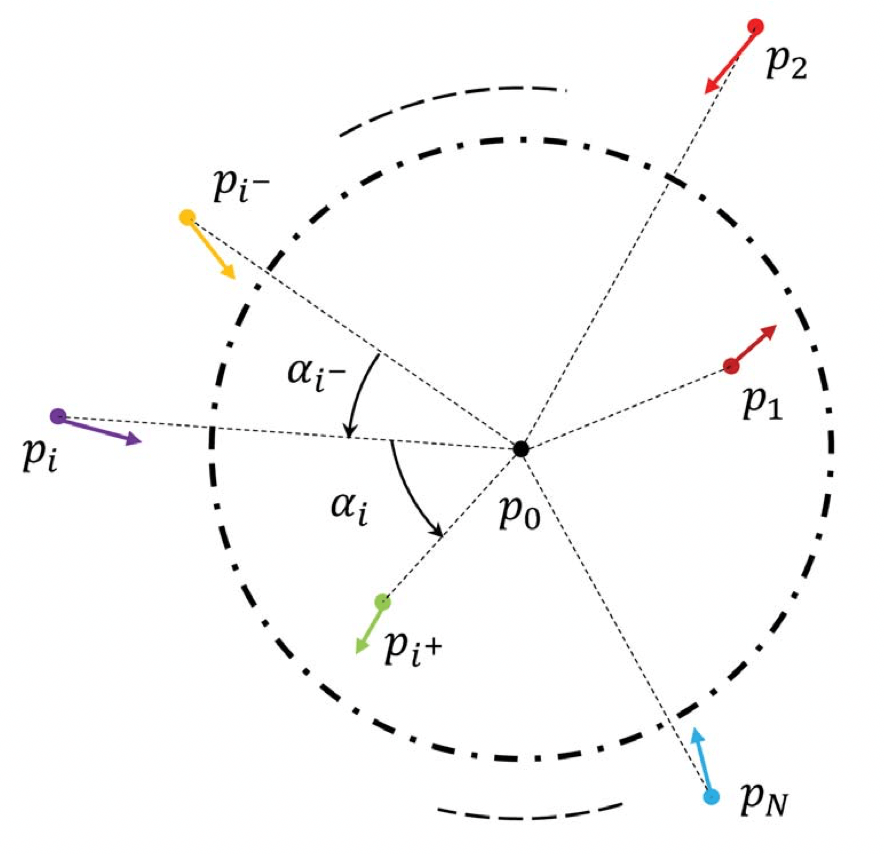Abstract
This paper investigates circular formation control problems for multi-robot systems in the plane via a distributed self-triggered strategy. In scenarios of restricted energies, a distributed self-triggered protocol is designed for controlling multiple robots to converge asymptotically to a prescribed circular orbit around a fixed target. In particular, each robot maintains any desired relative angular distances during its rotation around the target. Besides, no collision among robots is taken place, since the spatial order of robots is preserved throughout the evolution. We prove that when the event-triggered condition is enforced during the whole process, the controllers only update with superior performance. Moreover, Zeno behavior can be ruled out. Numerical simulations demonstrate the feasibility and effectiveness of the theoretical results.

